
“American kids are now 10, 20, 50 or 90 times more likely to be on prescription psychiatric medications compared with kids in other countries (the rate varies depending on the diagnosis in question). I think it’s an important and disturbing trend.” — Dr. Leonard Sax
Dr. Leonard Sax graduated Phi Beta Kappa from MIT in January 1980 at the age of 19. He then went on to the University of Pennsylvania, where he earned both a PhD in psychology and an MD. Dr. Sax has spoken on issues of child and adolescent development all over the world, including the United States, Australia, Canada, England, Germany, Italy, Mexico, New Zealand, Scotland, Spain, and Switzerland. He has appeared in numerous national and international media, including the TODAY Show, CNN, the BBC, the Canadian Broadcasting Corporation and the Australian Broadcasting Corporation. He is the author of Why Gender Matters, Boys Adrift, Girls on the Edge, and The Collapse of Parenting. We welcome Dr. Sax to The Global Search for Education.
Leonard, you see children and teenagers being less resilient, less physically fit, and more likely to become anxious or depressed compared with kids from the same demographic 30 years ago. What is the evidence that supports this? How did these changes occur?
In my book, The Collapse of Parenting, I share data from many sources – including the National Institutes of Health, international databases such as the PISA program, scholarly papers by researchers such as Professor Jean Twenge, and many other sources – showing that American kids are indeed more likely to be obese, less likely to be physically fit, more likely to be anxious and depressed, compared with American kids 30 years ago – and in the case of academic achievement, doing much less well compared with kids in other countries, again a big change compared with American kids 30 years ago. Trying to figure out why this has happened, and what to do about it, is the main objective of the book. Many other writers have looked at one or two of these changes: for example, why American kids are less physically fit compared with 30 years ago, or why American kids are more anxious compared with 30 years ago, or why American kids are doing so much worse academically compared to kids in other countries, compared with 30 years ago. To the best of my knowledge, my book is the only book which makes the case that all these changes reflect the same underlying dynamic (the collapse of parenting).
“I have many concerns about the overscheduling. Without a doubt, the overscheduled child is more likely to become anxious.” — Dr. Leonard Sax
Are there other possible—more structural or institutional—causes of the rise in anxiety and depression in kids and teenagers other than parenting?
Certainly. Cultural changes have played a large role, which I acknowledge and discuss. But you can’t easily change the ambient culture, unless you move to Switzerland. My focus in the book is on what you can do to improve the odds of a good outcome for your child, without leaving North America.
How has the changing culture of prescription medication affected children and teens? How has this interacted with other institutional changes? What are the long-term benefits and risks for children and teens being prescribed psychotropic drugs?
I devote a chapter of the book to the question of why American kids are now 10, 20, 50 or 90 times more likely to be on prescription psychiatric medications compared with kids in other countries (the rate varies depending on the diagnosis in question). I think it’s an important and disturbing trend which doesn’t get enough attention in this country. Outside of North America, when I speak on this topic in Europe or Australia, for example, audiences are astonished at how many American parents now have their kids taking psychiatric medications. What are the long-term risks? In the next twenty years, we will begin to find out. We are, as a society, doing a huge experiment on American kids. There are no long-term studies assessing the long-term risks of medications such as Adderall, Vyvanse, Concerta, and Metadate, which are widely prescribed in this country. There is not one long-term study demonstrating that these medications are safe for long-term use. We do know of serious risks – most notably diabetes and obesity – associated with the long-term use of medications such as Risperdal, Seroquel, and Zyprexa. And those risks do not go away when the medication is stopped. And yet an American kid is 93 times more likely to be on medications such as Risperdal, Seroquel, and Zyprexa, compared with a kid in Italy. Outside of North America, psychiatric medication is an absolute last resort in treating a child. In the United States, it’s the first resort. “Let’s try Vyvanse and see if it helps” – that’s what doctors in this country often say. And that wasn’t true when I was a young doctor, thirty years ago.
“In the year 2000, American kids scored much higher than kids in Poland on tests of reasoning, math, and reading comprehension. By 2015, we had switched places.” — Dr Leonard Sax
How has overscheduling of both the lives of children and parents affected our ability to parent properly? Does this kind of culture create more structure for a child or anxiety?
I have many concerns about the overscheduling. Without a doubt, the overscheduled child is more likely to become anxious. But my biggest concern about overscheduling is the way in which it devalues family time. When a parent picks up a kid from school and chauffeurs that child to one activity and then on to another activity, with the kid eating a sandwich in the car on the way from one activity to the next, the unintended message is that family time at home – taking the time to have a meal at home as a family – is the lowest priority. And we now have very good research showing that when family time is the lowest priority, kids are more likely to become anxious and depressed. I even see parents who use precious free time, such as a Saturday afternoon, to chauffeur their kids from one playdate to another. My advice to those parents: Cancel the playdate. Make a family date instead.
How has the relative academic abilities of our children changed? How has the quality of education changed in America? What roles have schools and government played? What role have parents played in this change?
In the year 2000, American kids scored much higher than kids in Poland on tests of reasoning, math, and reading comprehension. By 2015, we had switched places with Poland: Polish kids now score high above American kids on the same tests. And yet we out-spend Poland in per capita educational spending by more than 3 to 1. A major factor in this change, in my judgment and in the judgment of others, whom I cite, is the introduction of screens into the classroom. Outside of North America, electronic screens are regarded largely as having little place in the classroom, because screens undermine the teacher-student relationship, because screens shorten the attention spans of children, and so forth. But between 2000 and 2015, American schools brought screens into the classroom to a degree which has no parallel anywhere else on the planet. Americans largely bought into Silicon Valley’s promise that putting a kid in front a screen would boost academic achievement. The research suggests otherwise.
“I think we will define a good parent (in the future) as a loving parent who is Just Right: not Too Hard, and not Too Soft.” — Dr Leonard Sax
Looking into the future, how do you predict we will define “good parenting”?
I think we will define a good parent as a loving parent who is Just Right: not Too Hard, and not Too Soft. But what does that mean, in practice? How much time does a Just Right parent allow her son to spend playing video games? How much time does a Just Right parent allow her daughter to spend on SnapChat? Does a Just Right parent allow her teenage son or daughter to take their mobile phone to bed with them? How does a Just Right parent balance family time with same-age peer relations – for example, when a planned family vacation conflicts with an activity your child really wants to do with same-age friends? These are not easy questions to answer, but we do have evidence that provides some basis for answering them.
For More Information www.leonardsax.com
(All photos are courtesy of CMRubinWorld)
C. M. Rubin and Dr. Leonard Sax
Join me and globally renowned thought leaders including Sir Michael Barber (UK), Dr. Michael Block (U.S.), Dr. Leon Botstein (U.S.), Professor Clay Christensen (U.S.), Dr. Linda Darling-Hammond (U.S.), Dr. MadhavChavan (India), Professor Michael Fullan (Canada), Professor Howard Gardner (U.S.), Professor Andy Hargreaves (U.S.), Professor Yvonne Hellman (The Netherlands), Professor Kristin Helstad (Norway), Jean Hendrickson (U.S.), Professor Rose Hipkins (New Zealand), Professor Cornelia Hoogland (Canada), Honourable Jeff Johnson (Canada), Mme. Chantal Kaufmann (Belgium), Dr. EijaKauppinen (Finland), State Secretary TapioKosunen (Finland), Professor Dominique Lafontaine (Belgium), Professor Hugh Lauder (UK), Lord Ken Macdonald (UK), Professor Geoff Masters (Australia), Professor Barry McGaw (Australia), Shiv Nadar (India), Professor R. Natarajan (India), Dr. Pak Tee Ng (Singapore), Dr. Denise Pope (US), Sridhar Rajagopalan (India), Dr. Diane Ravitch (U.S.), Richard Wilson Riley (U.S.), Sir Ken Robinson (UK), Professor Pasi Sahlberg (Finland), Professor Manabu Sato (Japan), Andreas Schleicher (PISA, OECD), Dr. Anthony Seldon (UK), Dr. David Shaffer (U.S.), Dr. Kirsten Sivesind (Norway), Chancellor Stephen Spahn (U.S.), Yves Theze (LyceeFrancais U.S.), Professor Charles Ungerleider (Canada), Professor Tony Wagner (U.S.), Sir David Watson (UK), Professor Dylan Wiliam (UK), Dr. Mark Wormald (UK), Professor Theo Wubbels (The Netherlands), Professor Michael Young (UK), and Professor Minxuan Zhang (China) as they explore the big picture education questions that all nations face today.
The Global Search for Education Community Page
C. M. Rubin is the author of two widely read online series for which she received a 2011 Upton Sinclair award, “The Global Search for Education” and “How Will We Read?” She is also the author of three bestselling books, including The Real Alice in Wonderland, is the publisher of CMRubinWorld, and is a Disruptor Foundation Fellow.
Follow C. M. Rubin on Twitter: www.twitter.com/@cmrubinworld

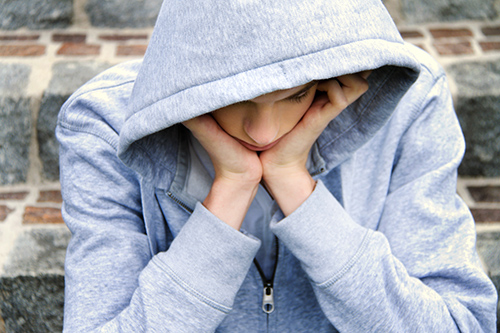
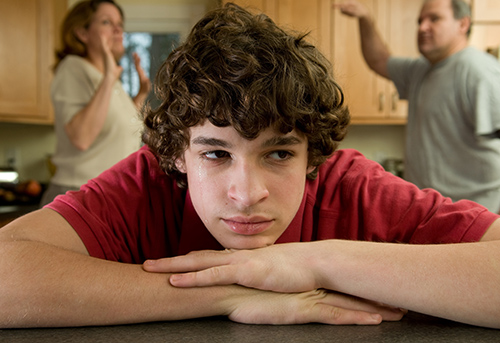
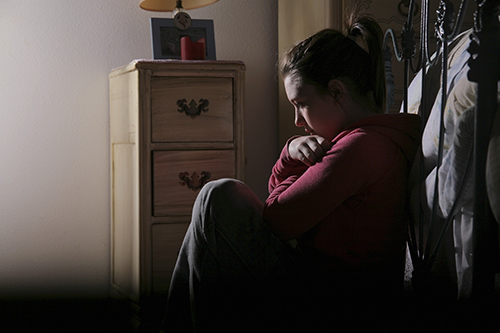



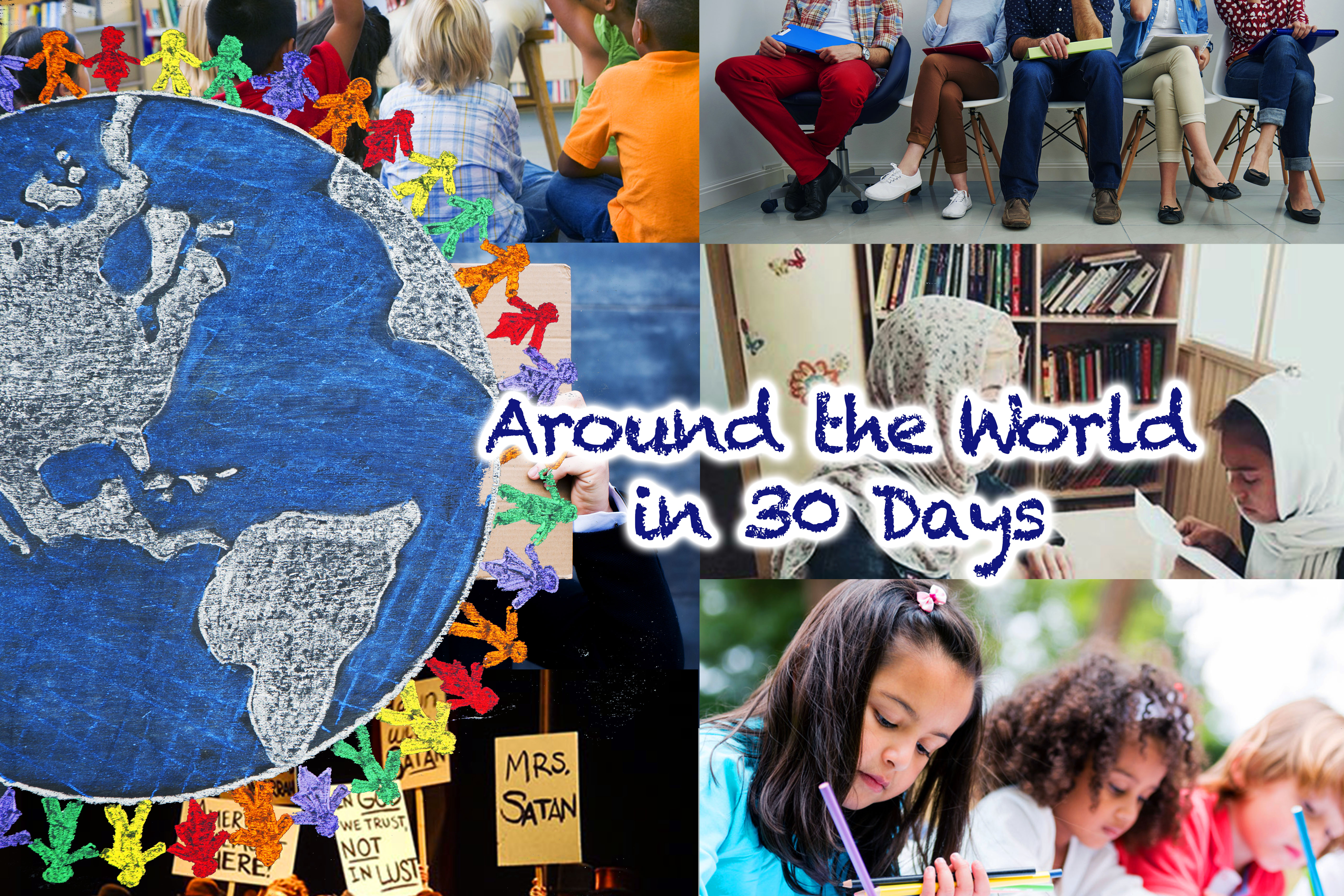
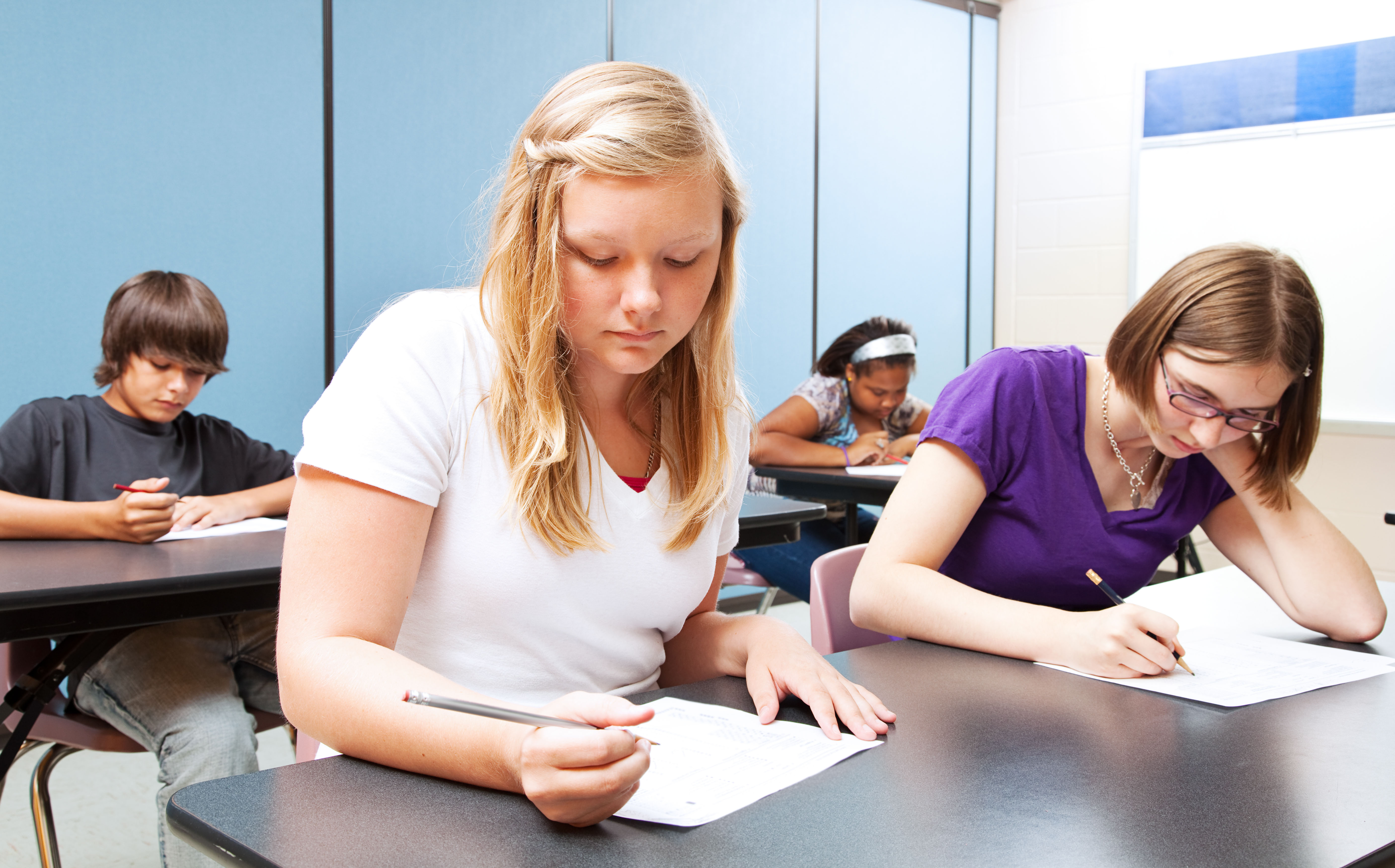
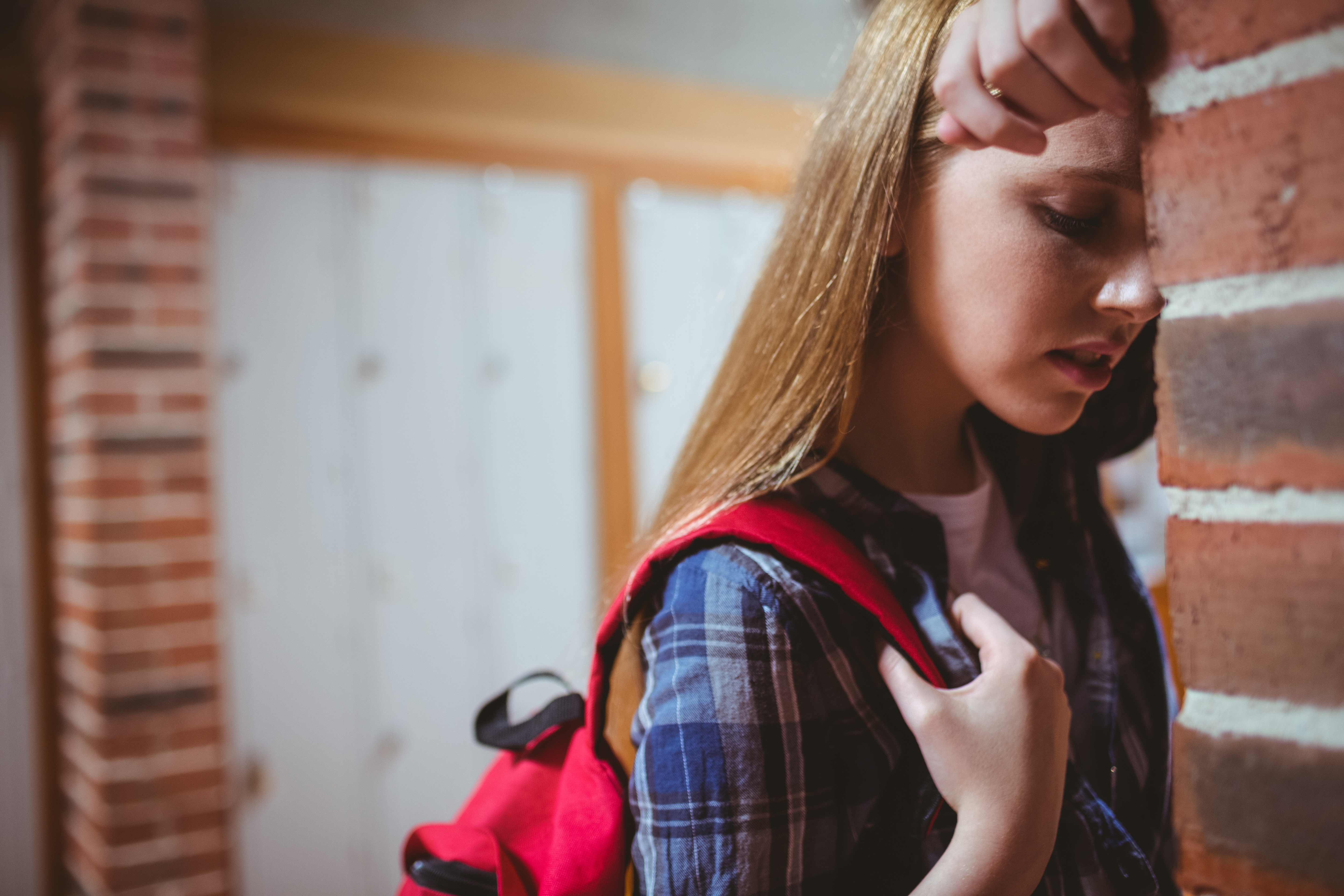
Recent Comments